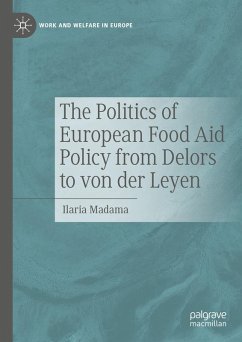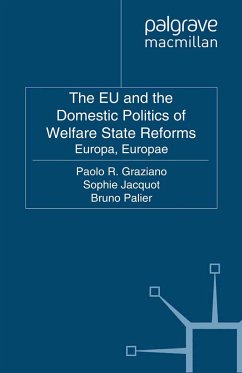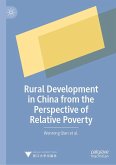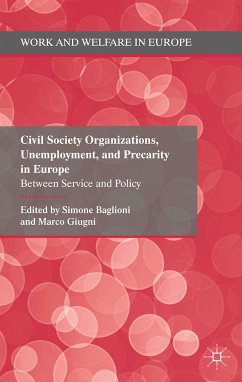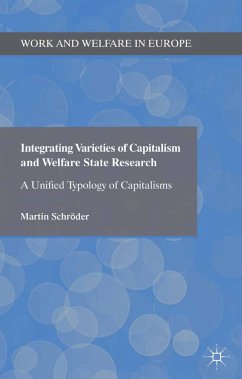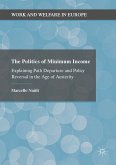More precisely, the study offers an in-depth examination of the governance and implementation of European Food Aid Policy (EFAP) while exploring the political and institutional dynamics shaping its trajectory over time. Deploying primarily a historical institutionalist approach, the book addresses two key questions: Why did EFAP emerge despite the EU's limited role in anti-poverty policies? And how did it survive and consolidate, particularly during the 2008-2014 critical juncture, despite growing adverse conditions? By treating EFAP as a "least-likely case" for European integration, the research sheds light on broader political and institutional dynamics behind the making of Social Europe.
This in-depth study will be of key interest to scholars, students, and practitioners in the field of EU social policy and policymaking, as well as, more broadly, in EU studies and comparative welfare state research.
Dieser Download kann aus rechtlichen Gründen nur mit Rechnungsadresse in A, B, BG, CY, CZ, D, DK, EW, E, FIN, F, GR, HR, H, IRL, I, LT, L, LR, M, NL, PL, P, R, S, SLO, SK ausgeliefert werden.

